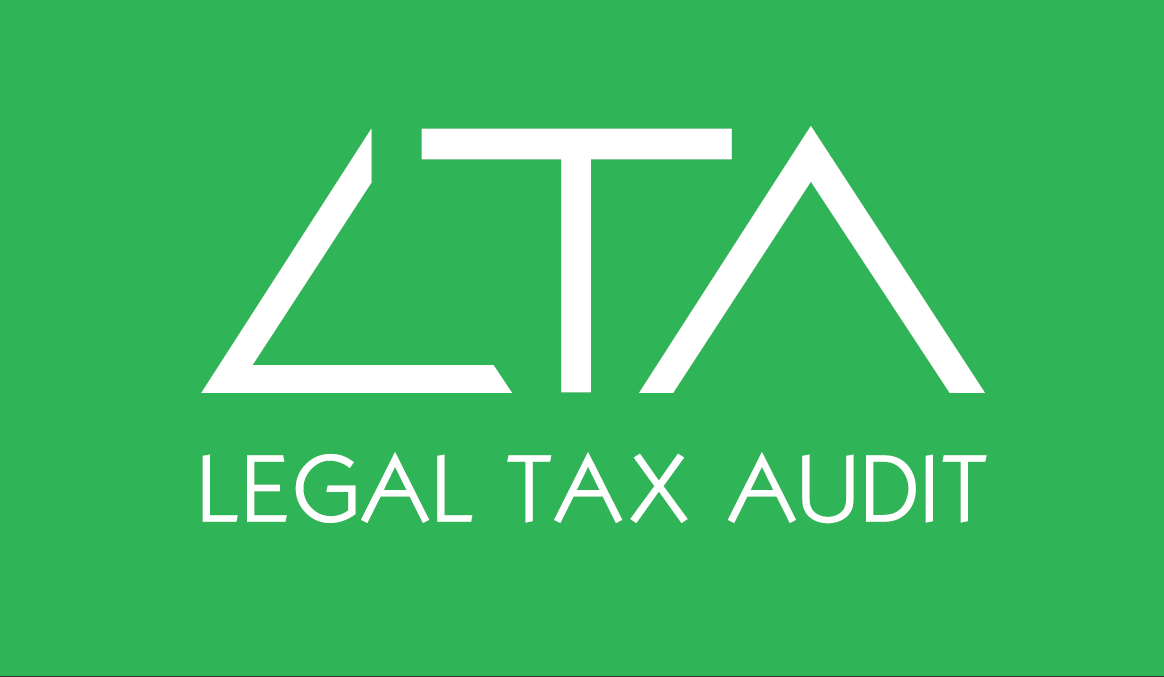What is actually meant by occupational health services?
It is often forgotten that these services include, in addition to health assessments of employees or job applicants (i.e. medical examinations), the necessary counselling, first aid training of employees designated by the employer and first aid counselling activities. Occupational health services also include professional supervision at the employer’s workplace. The purpose of these services is therefore not only to assess the medical fitness of employees to perform the agreed work, but also to ensure maximum safety at work at the employer’s workplaces.
What does this mean for the employer?
Employers’ obligations vary mainly according to the risk category of the work performed, which reflects the likelihood of injury when performing such work. For example, category one includes work where, according to current knowledge, there is no likelihood of an adverse effect on the employee’s health. Conversely, work where the risk to health cannot be ruled out falls into category four.
Here are some of the questions that clients most often contact us with:
- Which examinations are mandatory?
We distinguish between initial, exit and periodic or extraordinary inspections. Before the employment relationship begins, the employer is always obliged to provide an entrance examination, without exception, and always before starting work. However, in the case of category 1 work, the initial examination may be carried out by a general practitioner with whom the employee is registered (this does not, however, affect the employee’s obligation to have the examination carried out by the future employer’s contracted occupational health provider, if the employer so determines). The situation is different for “contingent workers”, i.e. employees working on the basis of a DPP/DPČ, where the obligation to undergo an initial examination applies only in the case of hazardous work, i.e. work in categories four and three, or in category two if the work is specifically identified as hazardous by the administrative authority (the so-called “two-risk” category). For the remaining categories, the obligation to undergo an initial examination no longer applies. However, even these employees on DPP/DPČ are required to undergo the examination if the employer decides to do so.
Subsequently, periodic examinations in categories one and two shall only be carried out if required by the employer or employee. In category three they are then carried out on a mandatory basis every two years and in category four once a year.
- Who pays for the entrance tour?
The initial medical examination is paid for by the person applying for the job. The employer shall pay for the initial medical examination if the employer subsequently enters into an employment relationship with the jobseeker, unless otherwise agreed with the jobseeker. In the case of an initial medical examination which assesses the medical fitness of the applicant for night work, it shall always be paid for by the employer.
- When is professional supervision of the workplace obligatory?
Supervision shall be carried out at the employer’s workplace at least once every 3 calendar years if the work is classified as second-risk, third-risk or fourth-risk work, if there is an occupational risk or if the work is subject to medical fitness conditions laid down by other legislation. For other work classified in the first and second non-hazardous categories, supervision is only compulsory on the basis of a contract with an occupational health service provider if it is justified to protect the health of employees.
- As an employer, do I always have to have a contract with an occupational health services provider?
No, it’s not obligatory. If employees only perform the type of work for which it is permissible from the point of view of risk to have occupational health examinations carried out by their registering doctor, and at the same time it is not necessary to provide professional supervision of the workplace, the employer can get by without a contracted provider of occupational health services from the point of view of the legislation.


 Čeština
Čeština Deutsch
Deutsch